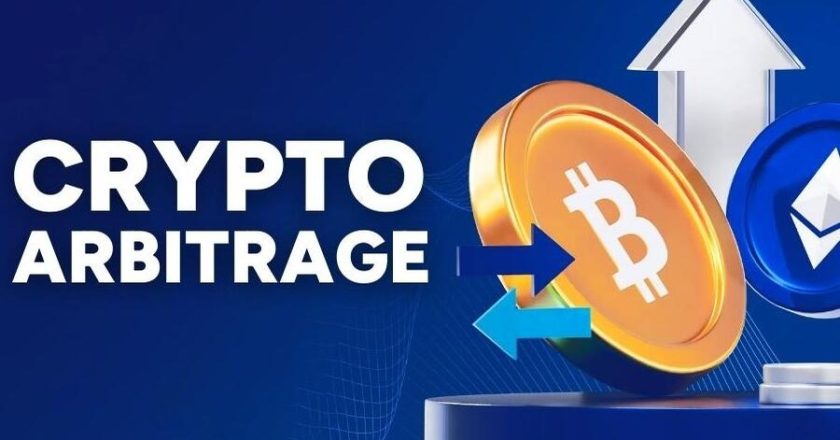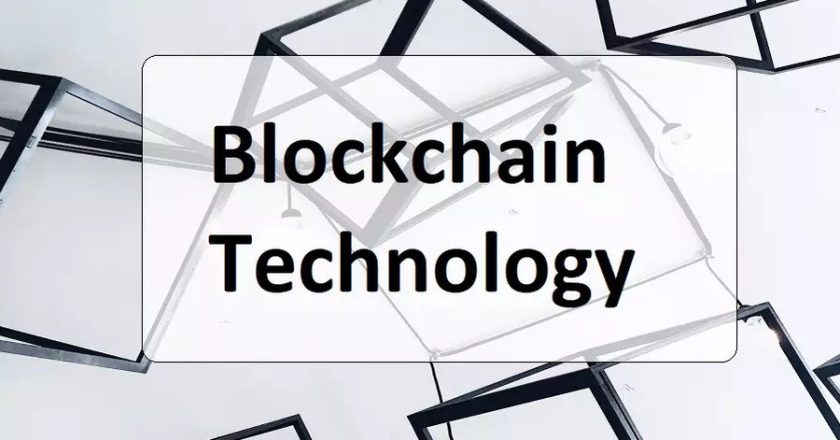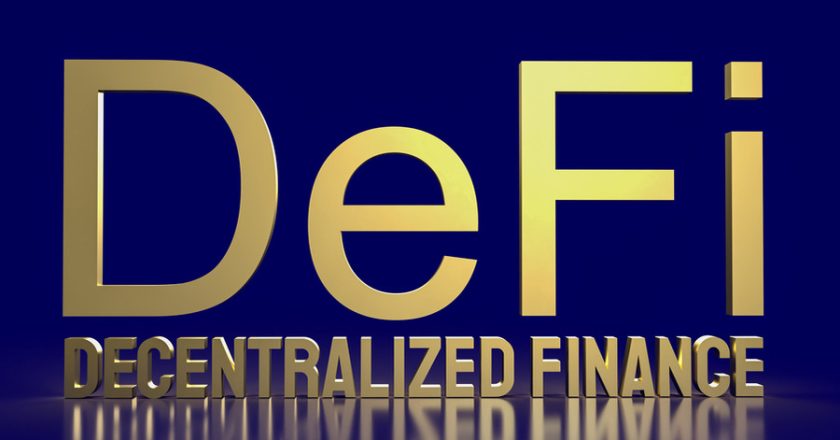The Role of Blockchain in Ensuring Trust and Transparency in IoT Ecosystems
Introduction
As the Internet of Things (IoT) continues to expand, ensuring trust and transparency in IoT ecosystems becomes paramount. The decentralized and distributed nature of IoT networks presents challenges in terms of security, privacy, and data integrity. However, blockchain technology has emerged as a powerful solution to address these challenges. In this article, we will explore the role of blockchain in ensuring trust and transparency in IoT ecosystems, discussing its key features, benefits, and real-world applications.
Understanding Blockchain Technology
What is Blockchain?
Blockchain is a decentralized and immutable ledger that records transactions in a transparent and secure manner. It consists of a chain of blocks, where each block contains a set of transactions. These bl...










